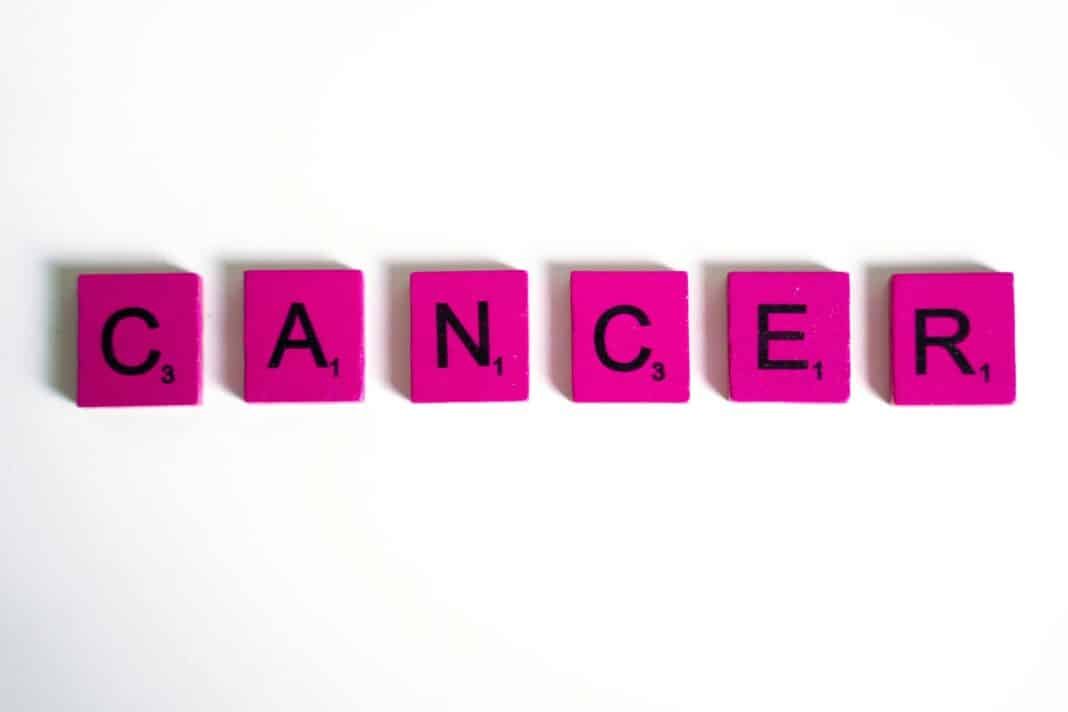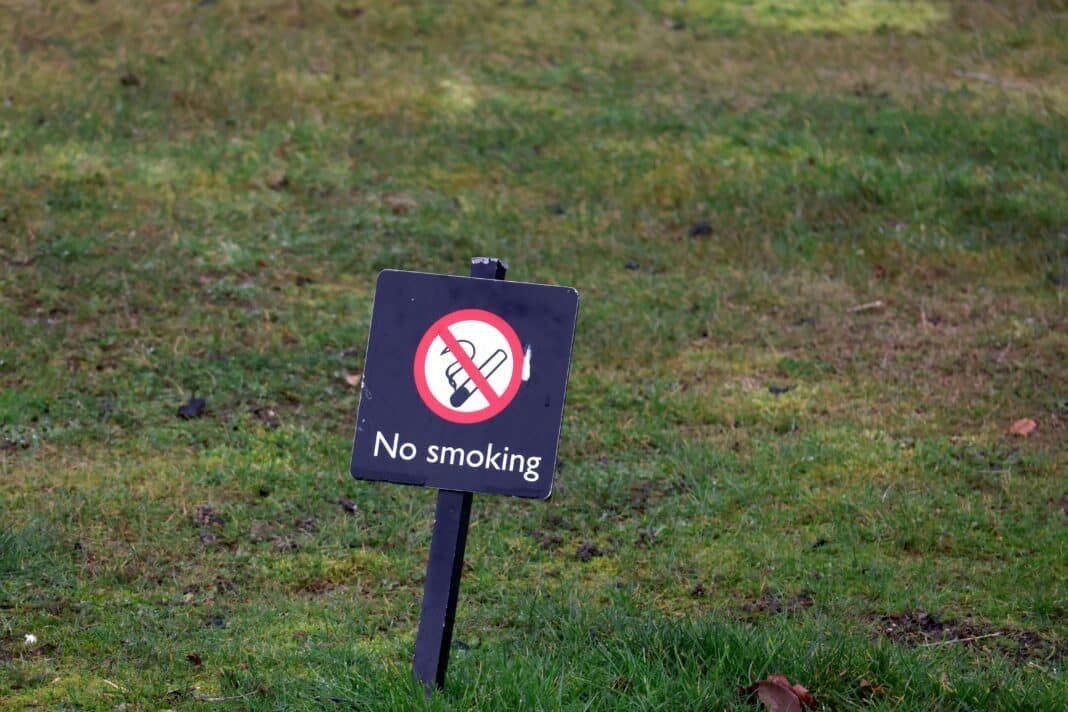Early Stage Detection of Cancer
Current years have yielded exceptionally beneficial results in the ongoing war against cancer. The NHS in England states that patients diagnosed with cancer early on have surged to the highest in recorded history. This is an essential milestone regarding survival figures, highlighting the importance of early detection.
The figures between September 2023 and August 2024 showed that out % of the 13 tumor types, 58.7% were recorded at stage one or two. This is a rise of 2.7 percentage points to the most recent data before the pandemic. It is the highest figure in over a decade, and it was made possible thanks to more public education, new screening technologies, and an increased focus on healthcare services.
Why Early Diagnosis Matters?
Early cancer treatment can facilitate in unfamiliar ways and prompt further treatment to make a difference. Treating cancer at the early stages, when it has not metastasized as yet, is more cost-efficient, effective, and less invasive. On the contrary, later diagnoses tend to be the opposite and lead to worse outcomes.
Examine the statistics presented here and note any distinguishing factors.
- Breast cancer: Almost every woman diagnosed at the earliest stage survives for over five years. However, it drops to just three in ten for the most advanced stage diagnosed.
- Bowel cancer: More than ninety percent of patients diagnosed at an early stage are likely to survive for at least five years, in contrast to approximately ten percent surviving when diagnosed late.
- Lung cancer: About sixty percent of early diagnosed patients are likely to survive for five years or more, but that is less than ten percent for advanced stage diagnosed.
Those numbers underscore the need to address cancer as early as possible.
Importance of Screening in Early Detection
Screening is a method used for early detection of cancer. It differs from early diagnosis, which focuses on identifying cancer after symptoms appear. Unlike the method mentioned above, Screening aims to deliver the final verdict to a patient deemed to be seemingly healthy. It does not base its decision on whether the patient has any symptoms.
In the UK, several types of cancer have national screening programs which are easily accessible, such as:
- Breast cancer screening: Mostly, women from age 50 to 70 are forwarded for routine mammograms to identify any early signs of cancer.
- Bowel cancer screening: A simple stool test checks for hidden blood, indicating cancerous or precancerous changes.
- Cervical cancer screening: Abnormal cells that can further develop into cancer if not treated at the right time are detected through the smear test.
Many procedures have aided lifesaving interventions, which in turn have anchored countless lives lost each year.
Efforts towards the goal of achieving early cancer diagnosis are pretty tricky.
Although there have been strides, England continues struggling to achieve its 2028 target to diagnose 75% of cancers in stages one and two. Here are some of the reasons why:
-
- Start of treatment delays: Close to one-third of people living with cancer proceed to treatment more than 62 days after receiving an urgent referral. This significantly impedes the therapeutic benefit of treatment as well as the survival.
Poor screening attendance: Although programs exist, some patients are never screened. Many do not attend because of a lack of knowledge, phobia, and other factors like long waiting times for appointments. - Ignored signs: Not all symptoms warrant immediate attention, especially some cancer-related symptoms like tiredness and mild pain are more easily overlooked. Most people do not bother consulting healthcare, thinking their symptoms are trivial.
Infrastructure shortage: Insufficient healthcare personnel and provision of diagnostic services can result in unproductive referrals, protracted waiting periods, and delays in necessary tests and treatments.
- Start of treatment delays: Close to one-third of people living with cancer proceed to treatment more than 62 days after receiving an urgent referral. This significantly impedes the therapeutic benefit of treatment as well as the survival.
The Real-Life Impact: Paul Nelson’s Story
Sadly, for some, early detection makes the fuels more complex. Consider the story of Paul Nelson: A 72-year-old man who went, completely asymptomatic, for a lung health check last summer. The Screening uncovered a cancer that, had it been allowed to brew for a few more months, might have been challenging to manage.
“Never had any issues with my chest, but after my checkup, I was offered a scan and thought, ‘Why not’? I’m happy I chose to: I was not fully aware of the repercussions my decisions posed. Leaving it off for a few months would have left things far too complicated. Too much.” notes Paul.
As his case illustrates, proactive measures like screening fill the gaps in care. Using the cancer-dominated perspective in a world filled with opportunities, Paul was able to mitigate the situation before it could escalate out of control.
Addressing the Gaps: Creating a National Cancer Plan Campaign
As we all know, the NHS has made great efforts towards mitigating cancer as much as possible, but there’s always more work to be done to smooth transitions and broaden the gap for screens. To quote Michelle Mitchell, the Chief Executive of Cancer Research UK, “It’s baffling to me why fully-funded national cancer plans are not being prioritized.” As a nation, we need to shift our focus towards:
Constructing a robust base with more funding towards additional medical professionals and assets to amplify diagnosis creation and treatment execution.
What Can You Do: Try to Keep a Close Eye on Your Health
We need to intensify proactive outreach efforts that encourage individuals to seek medical consultations and screenings for abnormal symptoms.
Greater interconnectivity within the diagnostic spectrum will facilitate fewer delays in obtaining specialist appointments and other test results.
Providing more mobile Screening in regions with lower levels of healthcare infrastructure allows easier access to necessary medical procedures.
As said previously, systemic changes are essential, but each of us is also responsible for improving the chances of early cancer detection. Below is a list of actions you may wish to consider to enhance safety for you and the people around you:
Set reminders for appointments: Cancer screening takes place even when there are no initial symptoms and is an important part of the procedure; hence, attendance at the national cancer screening program appointments is crucial.
Keep an eye on your body: Note any concerning developments, including persistent pain, lump formations, fatigue, and unexplained weight loss. If something is wrong, do not hesitate to get it checked out.
Try to talk with members of your family: Raise awareness within your circle of relatives and friends about how vital it is to screen for cancer and take preventive measures. This group usually makes a more significant impact on altering health behaviors in individuals.
Stay Informed: Continuously monitor the recent developments and updates about cancer risks, symptoms, and screening procedures. Remember that knowledge is a vital tool in combating cancer.
Conclusion: Shaping the World with Progressive Detection Methods
The increase in the proportion of cancers diagnosed at stages one and two in England is laudable and a strong indicator of progress in the fight against cancer. Nevertheless, there are still hurdles to overcome in reaching the goals set for the year 2028, one of which includes detecting 75% of stage one and two cancer cases.
To respond adequately and increase survival chances, a blend of public education, screening outreach, and prompt treatment needs to be initiated. People need to proactively attend these screening sessions while healthcare systems further ensure early detection techniques are put in place.
The conclusion is clear: lives can be saved with the proper intervention at the right time. The collaborative effort of health workers, policymakers, and the public is essential to achieving better cancer prevention results and a healthier society.
Reduce cancer risk : 6 ultimate tips for safely scaling back on drinking
Alchohol linked to cancer in health advisory as doctors react
Alcohol is the 3 most reason for Cancer
Reference
Cancers getting diagnosed at earlier stage







[…] Early Stage Detection Of Cancer […]